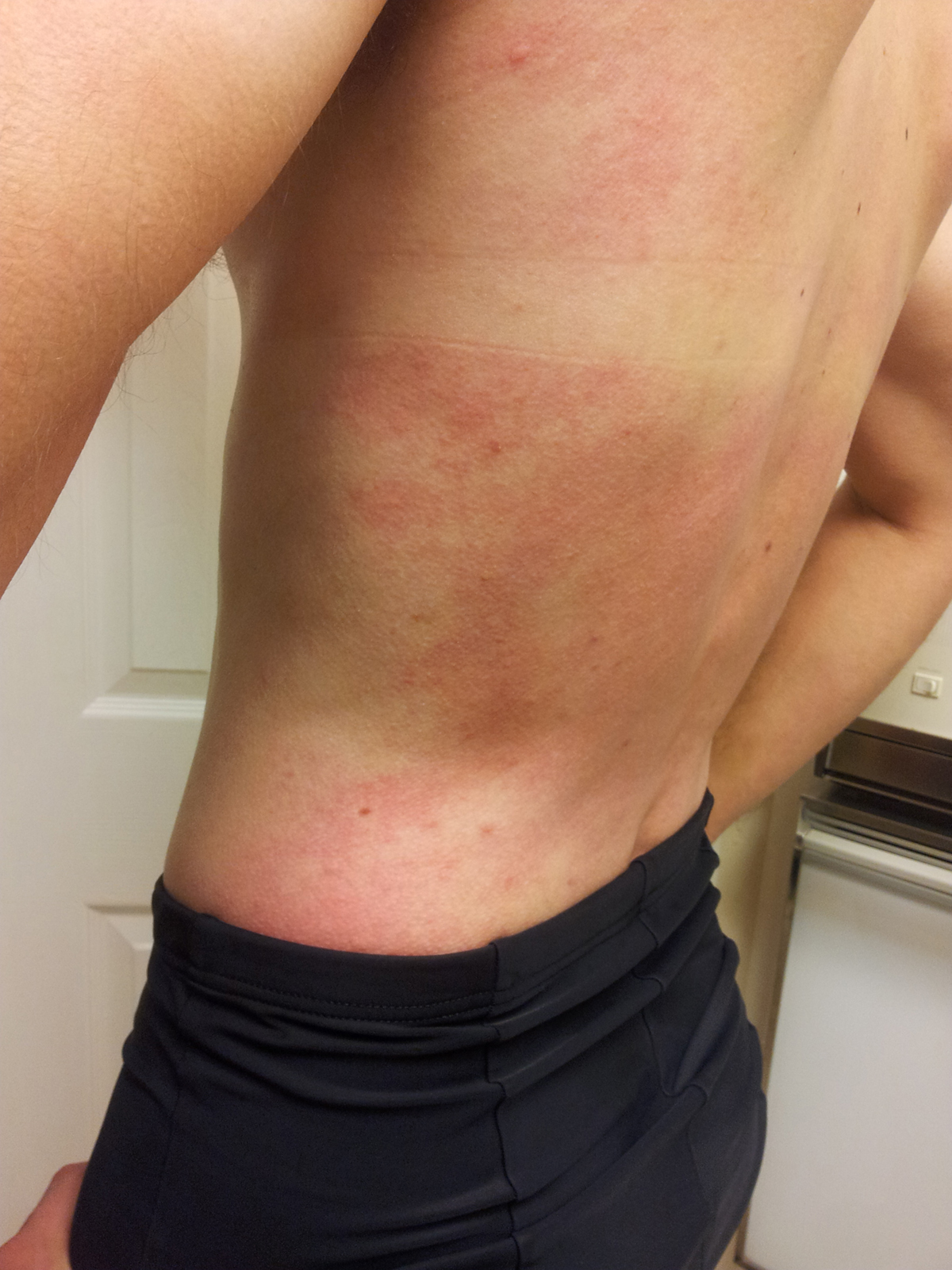
What all allergies in common is that they can make us feel really uneasy, and sometimes even embarrassed. But most of all, they tend to influence our health in a rather negative way. One of such allergies is a respiratory mold allergy. Since it shares most of the properties of allergies in general, it can cause severe cough, eye-itch and plenty of other related symptoms. In particular cases, it can be connected to asthma and similar breathing and airway related symptoms. Since at the bottom of this allergy, as a most evident culprit, lies mold, the best method to defend yourself from this “pest” is to expose yourself as little as possible to different types of molds. The most common symptoms of mold allergy are pretty much the same as those of any other upper respiratory allergy. Most of all are: frequent and uncontrolled sneezing, itchy eyes, nose and throat, cough/severe cough and inflammation of the sinuses.
Symptoms
Even though the above mentioned symptoms are considered to be the most evident ones, the intensity and other follow up symptoms depend to a great degree on the person in question, especially if that person suffers from a condition which is active only during certain periods of a year, or is considered to be an underlying one. This way a combination of the allergy and this condition can prove to be extremely unpleasant (for example, presence of asthma and mold allergy). That is to say there is a possibility that symptoms of your asthma are actually caused by spores found in a mold.
If you are unable to shake of the symptoms such as watery eyes, uncontrollable sneezing for a period over two weeks, then this means that you really ought to see a doctor. Of course the most logic solution here would be the most proper one, that you simply to stop or avoid any allergy by keeping yourself as far away from potential allergy triggers. However, since the molds are pretty hard to avoid, you should also accept other additional methods as well. These also include medicines and drugs from the group of decongestants, antihistamines, nasal corticosteroids, as well as medicines such as nasal crom and montelukast. Furthermore, if these don’t provide relief or permanent solution, what can also be employed are therapies of different nature: nasal lavage (aid in the case of irritating nasal related symptoms) and immunotherapy (based on employing a series of anti-allergy shots). The things that can be done by you, all in the purpose of keeping molds far away, are leaving your windows open during the night, mawing your lawn, collecting leaves, and not rushing off outside as soon as the rainstorms stops.



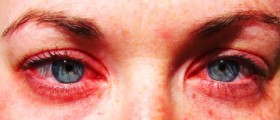





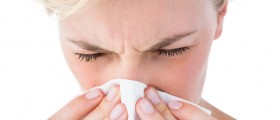



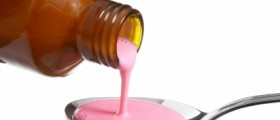
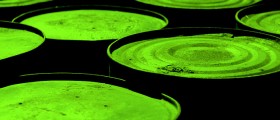
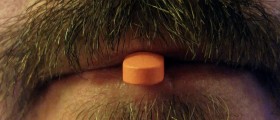

Your thoughts on this
Loading...